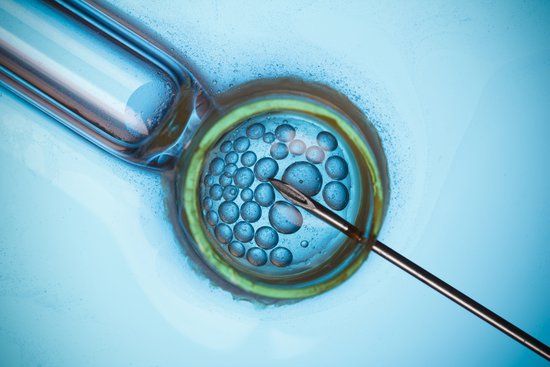According to researchers in the USA, a new study has revealed that women who live in heavily-polluted areas near busy roads have less chance of IVF being a success.
The results of the study, which compared the success rates of over 7,500 USA IVF patients with levels of pollution near their homes and their clinics, found consistent evidence that the higher the levels of nitrogen dioxide in the air, the lower the success of IVF – in some cases it cuts the success rate by up to a quarter.
The scientists behind the report also believe that babies conceived through IVF could perhaps be more vulnerable to the affects of air-pollution, and that naturally-conceived babies may not be affected in the same way.
However, if you live on a busy road and are about to start a cycle of IVF, I wouldn’t panic just yet. The scientists were quick to point out that more needs to be done to ascertain exactly why higher levels of air pollution may be affecting IVF rates, admitting it is too soon to say what the ultimate effects of air pollution could be on reproductive health.
There are many factors which can effect whether IVF works or not. This can range from your age and health to issues with embryos and implantation. We are working constantly through research and new techniques to ensure greater chance of success for our patients. But on the back of this study, I wouldn’t be recommending moving to the countryside just yet.
Last updated: 20th January 2020



